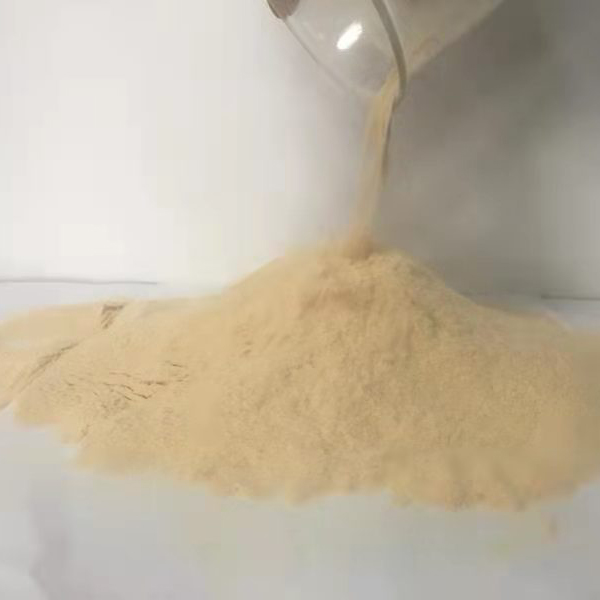
News
Aug . 19, 2024 16:13 Back to list
Cost of Chelating Agents for Pool Water Treatment Solutions
Understanding Chelating Agents for Pool Water Enhancing Quality and Safety
Maintaining the quality of pool water is crucial for ensuring a safe and enjoyable swimming experience. One of the key factors in achieving optimal water condition is the use of chelating agents. These substances play an important role in water chemistry, helping to manage metal ions and improve overall water clarity. In this article, we will explore the purpose of chelating agents in pool maintenance, how they work, and the factors that influence their prices.
What are Chelating Agents?
Chelating agents are substances that can form stable complexes with metal ions. In the context of pool water, these agents bind with metals such as copper, iron, and manganese, preventing them from reacting with other chemicals in the water. This reduces the likelihood of staining on pool surfaces and helps maintain water clarity. By preventing metals from oxidizing or precipitating, chelating agents also contribute to the stabilization of other water treatment chemicals, resulting in a more efficient overall sanitation process.
The Importance of Using Chelating Agents
The use of chelating agents in pool care is particularly important in regions with hard water or where pool water is frequently exposed to environmental contaminants. Without proper treatment, metal ions can lead to unsightly stains on pool walls and surfaces, discoloration of water, and even the deterioration of pool equipment. By using chelating agents, pool owners can protect their investment and ensure that their swimming environment remains clean and inviting.
In addition to fighting staining, the presence of chelating agents in pool water improves the efficacy of chlorine and other disinfectants. When metal ions are present in the water, they can combine with these chemicals, rendering them less effective in sanitizing the pool. Chelating agents can help prevent this interaction, ensuring that your pool maintains a safe level of microbial control.
chelating agent for pool water price

Factors Influencing the Price of Chelating Agents
The price of chelating agents for pool water can vary based on several factors, including the type of agent, its concentration, and the size of the packaging. Common chelating agents such as EDTA (ethylenediaminetetraacetic acid) or citric acid may be more affordable than specialized formulations designed for specific water conditions.
Additionally, the brand reputation and quality assurance processes can also affect pricing. High-quality products that ensure effective performance may come at a premium, but they can lead to long-term savings by prolonging the lifespan of pool surfaces and equipment. Bulk purchasing or opting for generic brands can provide cost-effective solutions for those looking to manage their pool maintenance budget.
Choosing the Right Chelating Agent
Before purchasing a chelating agent, it's essential to assess your pool’s specific needs. Consider factors such as water hardness, the presence of prevailing contaminants, and your local environment. Consulting with pool professionals or conducting water tests can help determine the best type of chelating agent for your situation.
In conclusion, chelating agents play a vital role in enhancing the quality of pool water by managing metal ions and improving the efficacy of disinfectants. While their prices can vary, the benefits they offer in maintaining a safe and clean swimming environment often outweigh the costs. By understanding the importance of chelating agents and making informed decisions, pool owners can enjoy crystal-clear water and prolonged equipment life, ensuring a pleasant swimming experience for all.
-
Polyaspartic Acid Salts in Agricultural Fertilizers: A Sustainable Solution
NewsJul.21,2025
-
OEM Chelating Agent Preservative Supplier & Manufacturer High-Quality Customized Solutions
NewsJul.08,2025
-
OEM Potassium Chelating Agent Manufacturer - Custom Potassium Oxalate & Citrate Solutions
NewsJul.08,2025
-
OEM Pentasodium DTPA Chelating Agent Supplier & Manufacturer High Purity & Cost-Effective Solutions
NewsJul.08,2025
-
High-Efficiency Chelated Trace Elements Fertilizer Bulk Supplier & Manufacturer Quotes
NewsJul.07,2025
-
High Quality K Formation for a Chelating Agent – Reliable Manufacturer & Supplier
NewsJul.07,2025
